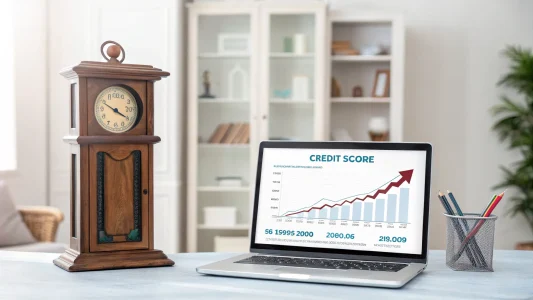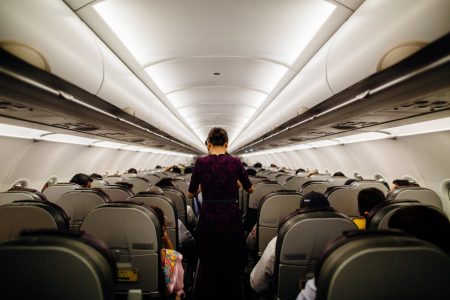A hospice care provider has been at the center of allegations that it may have defrauded federal health care programs.
According to court documents, Kindred at Home was accused of knowingly defrauding the U.S. government. The umbrella organization operated out of Atlanta and had multiple splinter branches, including Avalon, Kindred, SouthernCare, and SouthernCare New Beacon.
Kindred at Home has now agreed to quash the allegations. The federal watchdogs’ grilling resulted in a financial penalty and closed nine separate lawsuits.
Kindred at Home fined
The healthcare consortium affected the states of Alabama, Mississippi, Ohio and Tennessee in a brash misuse of Medicare and Medicaid invoicing. Kindred at Home, generally known as “Kindred,” has been improperly abusing the billing systems for both medical aid providers for over a decade.
From 2010 until 2020, the court documents allege that Kindred abused the system and even billed for incorrect medical treatment.
Kindred was alleged to have invoiced for treatments related to terminally ill patients when, in fact, this was not the case. This occurred frequently in Medicare and Medicaid cases treated at Avalon Hospice in Tennessee.
“Hospice provides vital care and support for terminally ill patients and their families. Medicare’s and TennCare’s eligibility requirements ensure federal and state health care money is properly used to support hospice programs,” said U.S. Attorney Henry C. Leventis for the Middle District of Tennessee.
Furthermore, Kindred, SouthernCare, and SouthernCare New Beacon hospice locations continued this narrative. Both locations unnecessarily offered, charged and billed the patients for services and treatments that would have only been eligible for terminally ill patients.
Kindred failed to acknowledge or repay the improper invoices at these locations for hospice claims:
- Warwick, Rhode Island
- Beaumont, Texas
- Independence, Missouri
- SouthernCare New Beacon’s locations in Demopolis, Alabama
- SouthernCare’s locations in Daphne, Alabama; Mobile, Alabama; South Bend, Indiana; and Youngstown, Ohio
“Hospice care is special end-of-life care intended to comfort terminally ill patients. The decision to provide hospice services should be prompted by a patient’s terminally ill medical diagnosis, not a hospice provider’s desire to increase profits,” said U.S. Attorney Todd Gee for the Southern District of Mississippi.
Kindred has agreed to pay $19.428 million to resolve allegations. The federal government will receive $18,956,151.32, the State of Tennessee will receive $448,800, and the State of Ohio will receive $23,618.68.
“The hospice benefit under Medicare and other federal health care programs provides critical services to some of the most vulnerable patients,” said Principal Deputy Assistant Attorney General Brian M. Boynton, head of the Justice Department’s Civil Division. “The department will ensure that this important benefit is used to assist those who need it, and not as an opportunity to line the pockets of those who seek to abuse it.”
Image: Pixlr.















